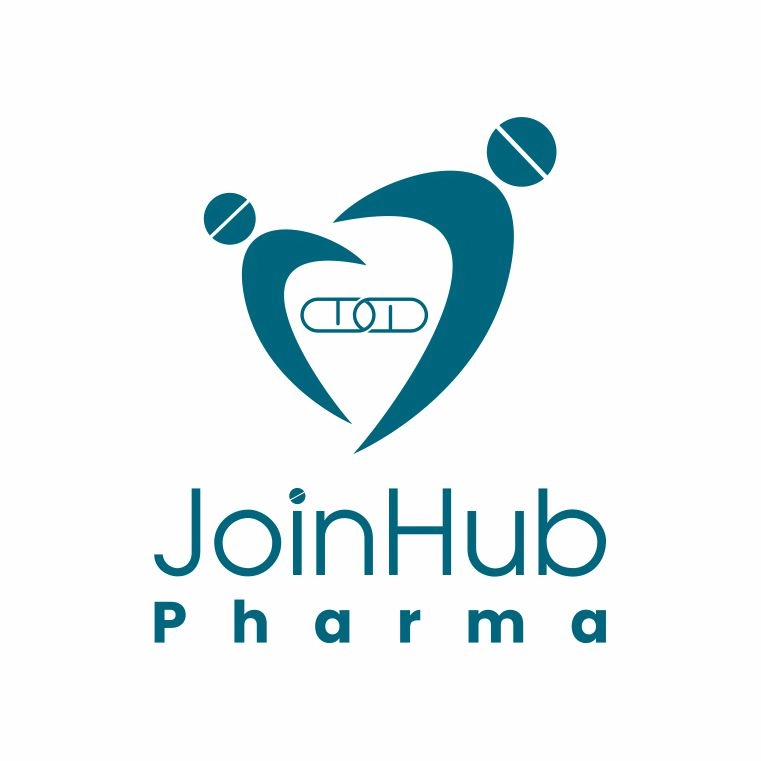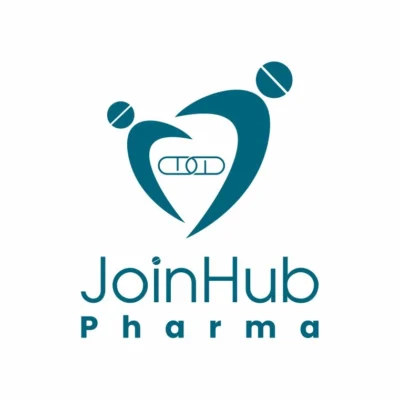Hifenac Tablet belongs to the therapeutic classification of Non-Opioid Analgesics and Antipyretic Drugs, Non-steroidal Anti-Inflammatory Drugs (NSAIDs). The primary composition for this medicine is Aceclofenac 100 MG.
Prescription: Yes
Warnings: Hifenac Tablet 10's can increase your risk of fatal heart attack or stroke. So, if you have had any recent heart surgery, do not use Hifenac Tablet 10's. Do not take Hifenac Tablet 10's if you are allergic to Hifenac Tablet 10's or other NSAID's (such as ibuprofen, diclofenac or naproxen); if you have stomach ulcers, have suffered bleeding problems, clotting problems, severe heart, liver or kidney problems. Inform your doctor before taking Hifenac Tablet 10's if you have or had disorders of the stomach, blood circulation problem to brain, asthma, porphyria, diabetes, high blood pressure, auto-immune diseases, connective tissue diseases; if you are recovering from major surgery or if you are elderly. Do not take Hifenac Tablet 10's if you are pregnant or breastfeeding unless prescribed. Hifenac Tablet 10's may cause drowsiness and dizziness, so drive only if you are alert. Hifenac Tablet 10's should not be given to children as the safety have not been established. Avoid consuming alcohol along with Hifenac Tablet 10's as it could lead to increased drowsiness and can increase the risk of stomach bleeding. Stop taking Hifenac Tablet 10's and consult your doctor immediately if you have stomach pain or any signs of bleeding in intestine or stomach such as blood in stools. Do not take any other NSAID's for pain relief along with Hifenac Tablet 10's unless prescribed.
Medicine Interaction: Hifenac Tablet 10's may have interaction with pain killers (aspirin, ibuprofen, naproxen, celecoxib, etoricoxib), anti-depressants (citalopram, escitalopram, fluoxetine, fluvoxamine, paroxetine, sertraline, lithium), cardiac glycoside (digoxin), anti-hypertensives (enalapril, lisinopril, losartan, candesartan, hydralazine, methyldopa, clonidine, moxonidine, propranolol), antibiotics (ciprofloxacin, ofloxacin, levofloxacin moxifloxacin), diuretics (furosemide, amiloride hydrochloride), blood thinners (warfarin, heparin, clopidogrel), anti-rheumatoid (methotrexate), steroids (mifepristone), glucocorticoids (hydrocortisone, prednisolone), immunosuppressants (ciclosporin, tacrolimus), anti-HIV (zidovudine), anti-diabetic (glibenclamide, gliclazide, tolbutamide).
Drug Schedule: Schedule H Prescription Drug
Side Effects: Indigestion, heartburn, dyspepsia, diarrhoea, Nausea, abdominal pain and flatulence.
How to Store it: Store at a temperature not exceeding 25 C and protect from moisture.
Over Dose: When a dose is taken in higher dose than the recommended doses, it is called Overdose. Overdose always needs a clinical supervision. Any medicine or drug when consumed in Overdose produces untoward side effects on one or various organs in the body. A medicine is excreted in the kidney or metabolized in the liver most of the times. This process goes without any hurdles when taken in normal dose, but when taken in an overdose, the body is not able to metabolize it or send it out properly which causes the effects of anoverdose.
Missed Dose: In case you miss a dose, use it as soon as you notice. If it is close to the time of your next dose, skip the missed dose and resume your dosing schedule. Do not use extra dose to make up for a missed dose. If you are regularly missing doses, consider setting an alarm or asking a family member to remind you. Please consult your doctor to discuss changes in your dosing schedule or a new schedule to make up for missed doses, if you have missed too many doses recently.


